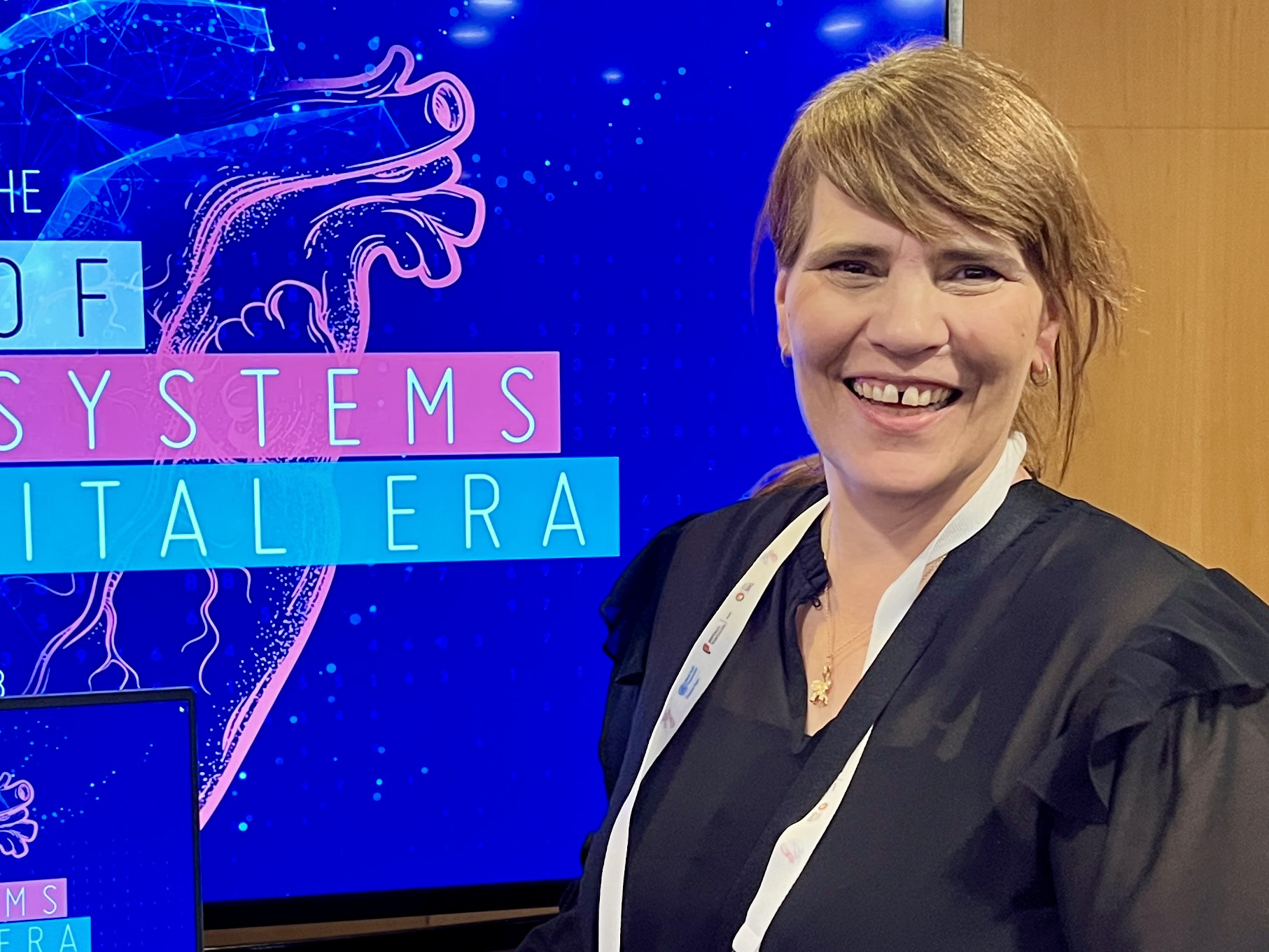Digitalisation of European healthcare systems
When we look at healthcare in Europe, patient information appears as fragmented and siloed as ever. A digital health service seems like a distant dream. Or does it?

"I don't think it's that bad," says Siri Bjørvig, Head of Department at the Norwegian Centre for E-health Research and participant at The second WHO symposium on the future of health systems in a digital era in the WHO European Region.
"Developments in e-health and digitalisation have been incredibly fast in recent years, and because we have access to so much fantastic personal technology, we don't quite understand why things are moving so slowly in the health service," Bjørvig continues.
According to the World Health Organization (WHO), the challenge today is mainly on the organisational and human side.
"The technology is there, and we need to change the culture and workflow, perhaps even the entire structure of the health service. We need to understand the value of sharing data, who should own the data - all this doesn't happen overnight," she says.
It is difficult to share patient data across levels and regions, both domestically and at a European level. It's a long process to get medical records and other health technology to speak the same language. Still, many countries have come a long way.
Changes from the pandemic
During the COVID-19 pandemic, physical access to the health service was restricted to protect both patients and healthcare professionals. Several laws were changed quickly to enable the use of telemedicine. The focus of European healthcare shifted to the user, patient and citizen. Suddenly, the patient was at the centre, which has long been the goal of the Norwegian authorities.
"A Norwegian example of what happened during the pandemic is sick leave via e-consultation. When Norway shut down, GPs were authorised to call in sick via telephone or video consultation. Our researchers followed this process every step of the way, and both patients and doctors were happy with the scheme. Today, it has become a permanent arrangement, except that the first consultation must be in person," says Bjørvig.